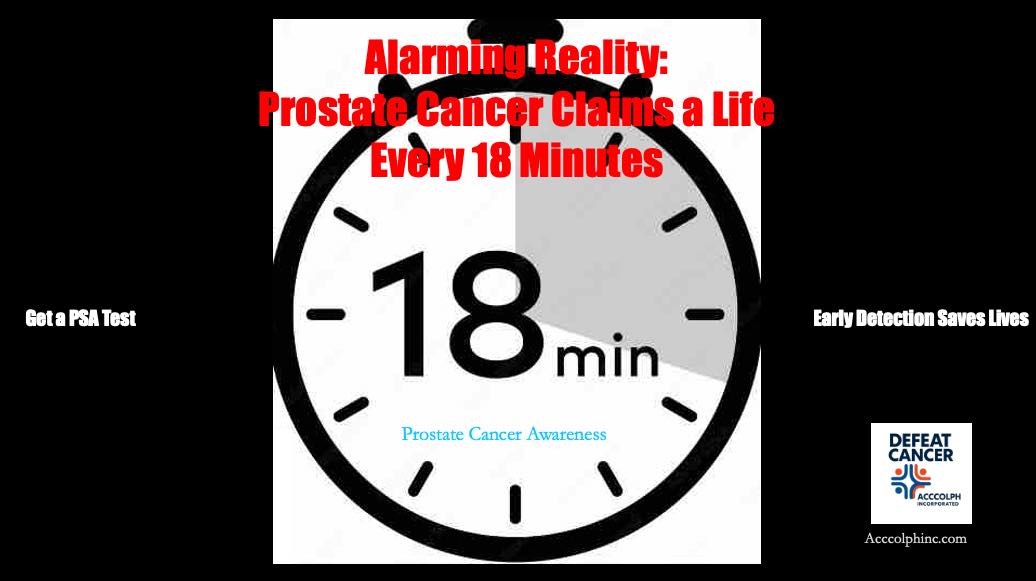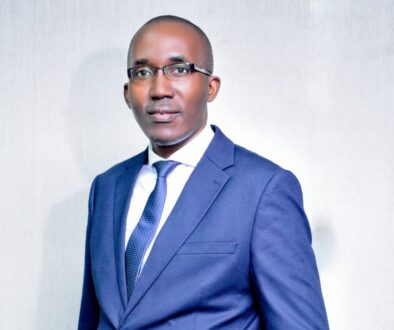Prostate cancer awareness empowers men’ health

By Dr. Aleesha Adatia
November is drawing to a close, and just as October honours breast cancer awareness, this month serves as a powerful, personal call to action for men’s health, with prostate cancer centre stage. Prostate cancer is a relevant issue that requires our attention, not out of fear, but from a standpoint of proactive health, open dialogue, and the strength found in seeking medical advice. This diagnosis impacts millions of lives worldwide, making honest, informative conversations essential for every man and his support network. It is a vital part of men’s health awareness, urging us to change the narrative from avoidance to responsible action.
Prostate cancer develops in the prostate gland, a small, walnut-sized organ located beneath the bladder in men. It holds the concerning rank as the second most common cancer among men globally. However, this figure is balanced by an important fact: significant advances in early detection and treatment provide a strong counterpoint. Understanding specific risk factors is essential, turning general concern into a personalised health strategy. Key risk factors include age, with the risk increasing considerably after 50. Family history is another vital indicator. Having a father or brother who has suffered prostate cancer more than doubles a man’s risk. Furthermore, men of African descent face an elevated risk of developing prostate cancer, often at a younger age. Recognising these factors is not a sentence but a crucial tool to help men establish an effective monitoring plan.
For men above the age of 45, with or without known risk factors, it is important to initiate a conversation about prostate cancer screening. This crucial discussion with your doctor will centre on the Prostate-Specific Antigen (PSA) blood test and, potentially, a Digital Rectal Exam (DRE). Since screening is a personal choice, a thorough discussion of the benefits and limitations with your healthcare provider is essential.
Furthermore, knowing your body is non-negotiable. Pay attention to persistent changes in your urination, such as difficulty starting or stopping, a weakened flow, or the frequent need to go, particularly at night. While these symptoms do not necessarily mean there is a cancer, they absolutely warrant a medical visit. Your daily choices build the foundation of your future health.

Dr. Aleesha Adatia
A prostate cancer diagnosis affects the whole person and extends its impact to their entire network. If you or someone you know faces this journey, remember that support is an essential pillar of care. Actively seeking connection through support groups or sharing honestly with trusted friends and family can significantly alleviate the emotional burden.
In a time of serious diagnosis, the importance of local, specialised care cannot be overstated. Treatment journeys are highly individualised, which is why specialised institutions are leading change by investing in advanced technology and bringing in top specialists. The good news is that patients can now access world-class treatment without having to leave the country, staying close to their families, friends, and support systems.
The specialised care at C-Care IHK Hospital, for instance, ensures that every diagnosis is approached by a collaborative group of surgeons, medical oncologists, radiation oncologists, pathologists, and radiologists, who devise a tailored treatment plan. This multi-specialist synergy eliminates the fragmentation of care and is the true hallmark of an advanced healthcare ecosystem.
Ultimately, the focus must remain on living well. The overriding objective is always to move toward a full and thriving life after treatment. This necessitates prioritizing mental health, managing any side effects openly with your team, and continuing to engage with the passions and people that bring you joy. Take the necessary action, have the informed conversation, and stand firm in the knowledge that prioritising your health is the most powerful investment you can make in your life. Your daily choices build the foundation of your future health.
Dr. Aleesha Adatia, Consultant Clinical Oncologist at C-Care IHK


